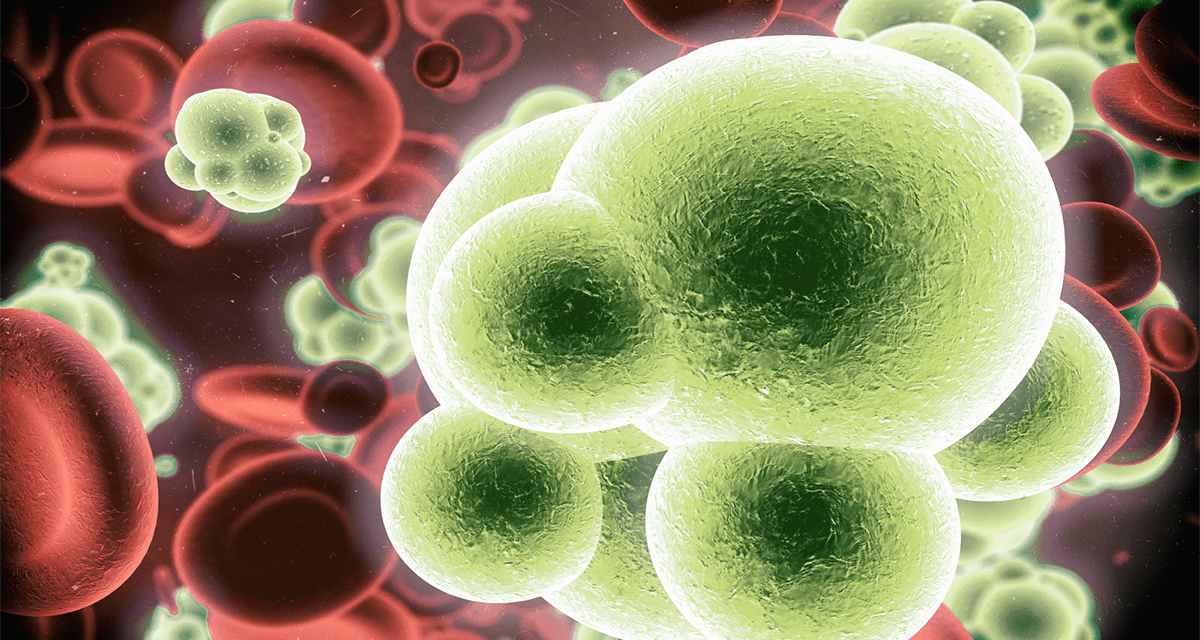A new inactivated polio vaccine made from Sabin strains (sIPV) was developed as part of the global polio eradication initiative.
This randomized, double-blind, active-controlled, phase 2/3 seamless study was conducted in two stages. Healthy infants aged 6 weeks were randomly assigned to receive three doses of one of four study vaccines at 6, 10, and 14 weeks of age (336 received low-, middle-, or high-dose sIPV, or conventional IPV [cIPV] in Stage I, and 1086 received lot A, B, or C of the selected sIPV dose, or cIPV in Stage II). The primary outcome was the seroconversion rate 4 weeks after the third vaccination.
In Stage I, low-dose sIPV was selected as the optimal dose. In Stage II, consistency among the three manufacturing lots of sIPV was demonstrated. The seroconversion rates for Sabin and wild strains of the 3 serotypes after the three-dose primary series were 95.8% to 99.2% in the lot-combined sIPV group and 94.8% to 100% in the cIPV group, proving the non-inferiority of sIPV compared to cIPV. No notable safety risks associated with sIPV were observed.
Low-dose sIPV administered as a three-dose vaccination was safe and immunogenic compared to cIPV.
© The Author(s) 2020. Published by Oxford University Press for the Infectious Diseases Society of America.
Safety and immunogenicity of a new inactivated polio vaccine made from Sabin strains: a randomized, double-blind, active-controlled, phase 2/3 seamless study.


